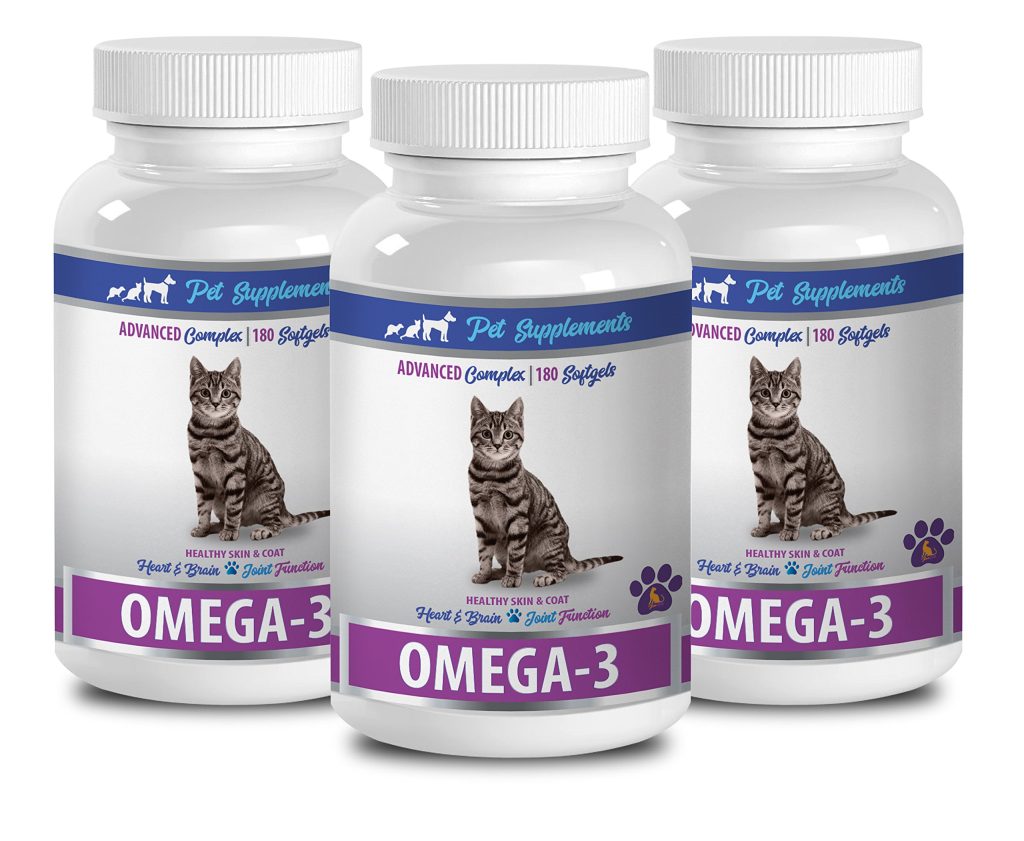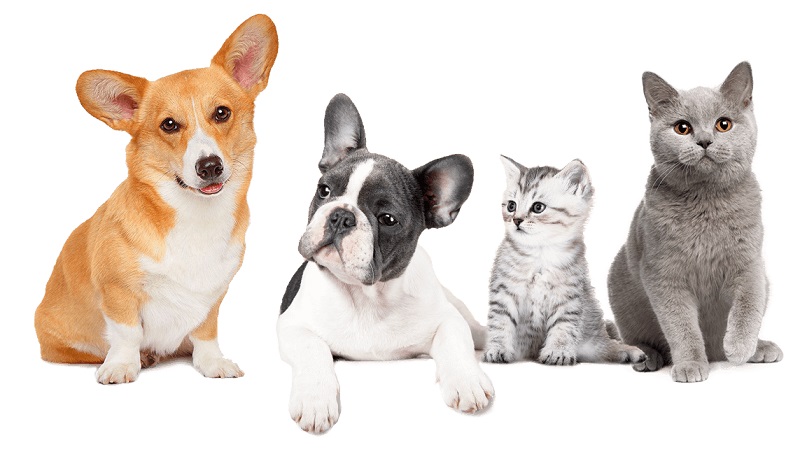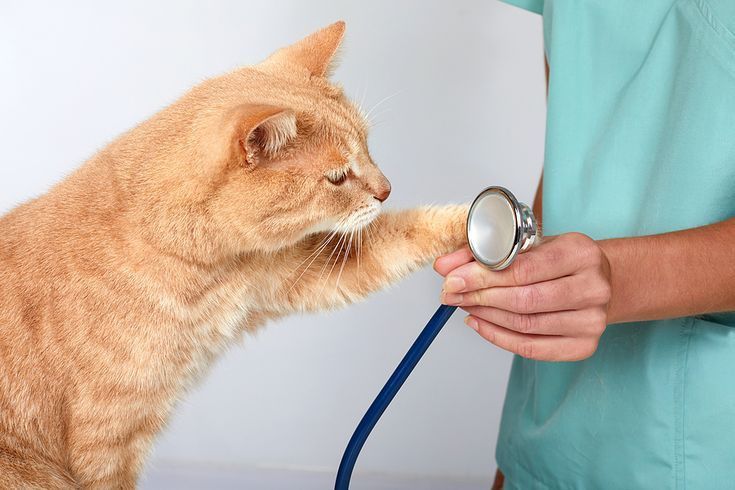Types of functional foods that need to be supplemented for cats
Cats are obligate carnivores, meaning their diet must primarily consist of animal-based proteins to support their health. However, a balanced diet for cats extends beyond just proteins and includes vitamins, minerals, fatty acids, and other essential nutrients. While commercial cat food is formulated to provide these nutrients, certain functional foods and supplements can enhance their health, prevent disease, and support their overall well-being. In this article, we will explore the various types of functional foods that need to be supplemented for cats, providing both basic and advanced insights into how they can benefit feline health.
What Are Functional Foods for Cats?
Functional foods are foods that provide health benefits beyond basic nutrition. For cats, these foods are designed to support specific bodily functions, prevent or manage certain health conditions, and improve overall vitality. Functional foods often include additional bioactive components like antioxidants, probiotics, omega-3 fatty acids, fiber, and other essential nutrients that may not be sufficiently present in regular cat food.
Key Types of Functional Foods for Cats
-
Omega-3 Fatty Acids

Omega-3 fatty acids are essential for a cat’s health, contributing to skin, coat, joint, and heart health. These fatty acids are known for their anti-inflammatory properties and play a vital role in reducing the risk of cardiovascular disease and improving cognitive function in aging cats. Omega-3 fatty acids, particularly EPA and DHA (eicosapentaenoic acid and docosahexaenoic acid), are beneficial in managing conditions like arthritis and inflammatory bowel disease (IBD).
Sources:
- Fish oil (salmon, sardines, mackerel)
- Algal oil
- Krill oil
Benefits:
-
- Improves skin and coat health
- Supports cognitive function
- Reduces inflammation in joints and digestive tract
-
Probiotics
Probiotics are beneficial bacteria that promote a healthy gut microbiome, aiding in digestion, nutrient absorption, and immune function. For cats, digestive health is crucial, and probiotics can help with issues such as diarrhea, constipation, or bloating. By balancing the gut flora, probiotics also support the cat’s immune system and improve the overall quality of life.
Sources:
- Yogurt (unsweetened, plain)
- Fermented foods (e.g., kefir, sauerkraut)
- Probiotic supplements specifically designed for pets
Benefits:
- Improves digestion
- Reduces gastrointestinal issues
- Boosts immune system
-
Antioxidants (Vitamins C and E)
Antioxidants such as Vitamin C and Vitamin E protect the body from oxidative stress caused by free radicals. For cats, antioxidant-rich foods help support immune function, reduce the aging process, and prevent diseases such as kidney disease, cancer, and heart disease. While cats can produce Vitamin C on their own, supplementation may help support their health during times of stress or illness.
Sources:
- Blueberries
- Spinach
- Carrots
- Supplemented cat foods with added vitamins
Benefits:
- Supports immune function
- Slows the aging process
- Protects against diseases like cancer
-
Taurine
Taurine is an amino acid that is essential for cats. Unlike humans, cats cannot synthesize taurine from other amino acids and must obtain it through their diet. Taurine is crucial for maintaining the health of the heart, eyes, and reproductive system. A deficiency in taurine can lead to severe health problems such as heart disease, vision loss, and reproductive issues.
Sources:
- Animal-based proteins (especially meat like chicken, turkey, and beef)
- Taurine supplements for cats
Benefits:
- Supports heart health
- Prevents vision problems
- Ensures healthy reproductive function
-
Fiber
Fiber plays an essential role in maintaining gastrointestinal health. Cats, particularly those that are overweight or prone to hairballs, can benefit from added fiber. Fiber aids in digestion, helps regulate bowel movements, and prevents constipation. It is also useful for weight management, as it promotes a feeling of fullness without adding extra calories.
Sources:
- Pumpkin
- Psyllium husk
- Beet pulp
Benefits:
- Aids in digestion
- Reduces the risk of constipation
- Helps with weight management
-
Glucosamine and Chondroitin
Glucosamine and chondroitin are naturally occurring substances in the body that support joint health by helping to maintain cartilage integrity. Cats with arthritis, especially senior cats, can benefit from supplements that contain glucosamine and chondroitin. These substances help alleviate pain, reduce inflammation, and improve mobility by supporting the regeneration of cartilage in the joints.
Sources:
- Joint supplements specifically formulated for cats
- Animal cartilage (e.g., chicken cartilage)
Benefits:
- Alleviates joint pain and stiffness
- Improves mobility in senior cats
- Supports cartilage repair
-
L-Carnitine
L-Carnitine is an amino acid derivative that plays a critical role in fat metabolism. It helps cats burn fat for energy, making it essential for weight management and maintaining lean muscle mass. L-Carnitine supplementation is especially beneficial for overweight cats or those recovering from surgery or illness, as it helps prevent the accumulation of excess fat.
Sources:
- Red meat
- L-Carnitine supplements
Benefits:
- Supports fat metabolism and weight management
- Promotes lean muscle mass
- Helps in post-surgery recovery
-
Prebiotics
While probiotics contain beneficial bacteria, prebiotics are the fibers that nourish these bacteria and help them flourish. Prebiotics support the growth of good gut bacteria, enhancing digestive health and immune function. Adding prebiotics to a cat’s diet can improve gastrointestinal conditions, boost the immune system, and support overall well-being.
Sources:
- Chicory root
- Inulin
- Jerusalem artichoke
Benefits:
- Promotes the growth of beneficial gut bacteria
- Improves digestive function
- Boosts immune system
-
Herbal Supplements
Herbal supplements can also be beneficial for cats, especially in addressing specific health concerns. Herbs such as milk thistle, echinacea, and turmeric have anti-inflammatory, liver-supporting, and immune-boosting properties. However, it is important to consult with a veterinarian before introducing herbal supplements to ensure they are safe for your cat.
Sources:
- Milk thistle
- Echinacea
- Turmeric (curcumin)
Benefits:
- Supports liver detoxification
- Enhances immune function
- Reduces inflammation
When to Supplement Functional Foods for Cats?

While most commercial cat foods are balanced to meet the basic nutritional needs of cats, supplementation with functional foods can be beneficial under certain circumstances:
- Age-Related Health Concerns: Senior cats may benefit from joint health supplements like glucosamine and chondroitin or cognitive support supplements like omega-3 fatty acids and antioxidants.
- Health Conditions: Cats with gastrointestinal problems, such as diarrhea or constipation, may benefit from probiotics, fiber, or prebiotics.
- Weight Management: Overweight cats may benefit from fiber and L-carnitine to support weight loss and muscle preservation.
- Immune System Support: Cats that are ill or under stress can benefit from antioxidant-rich foods, probiotics, and herbal supplements to boost immune function.
Read more:

